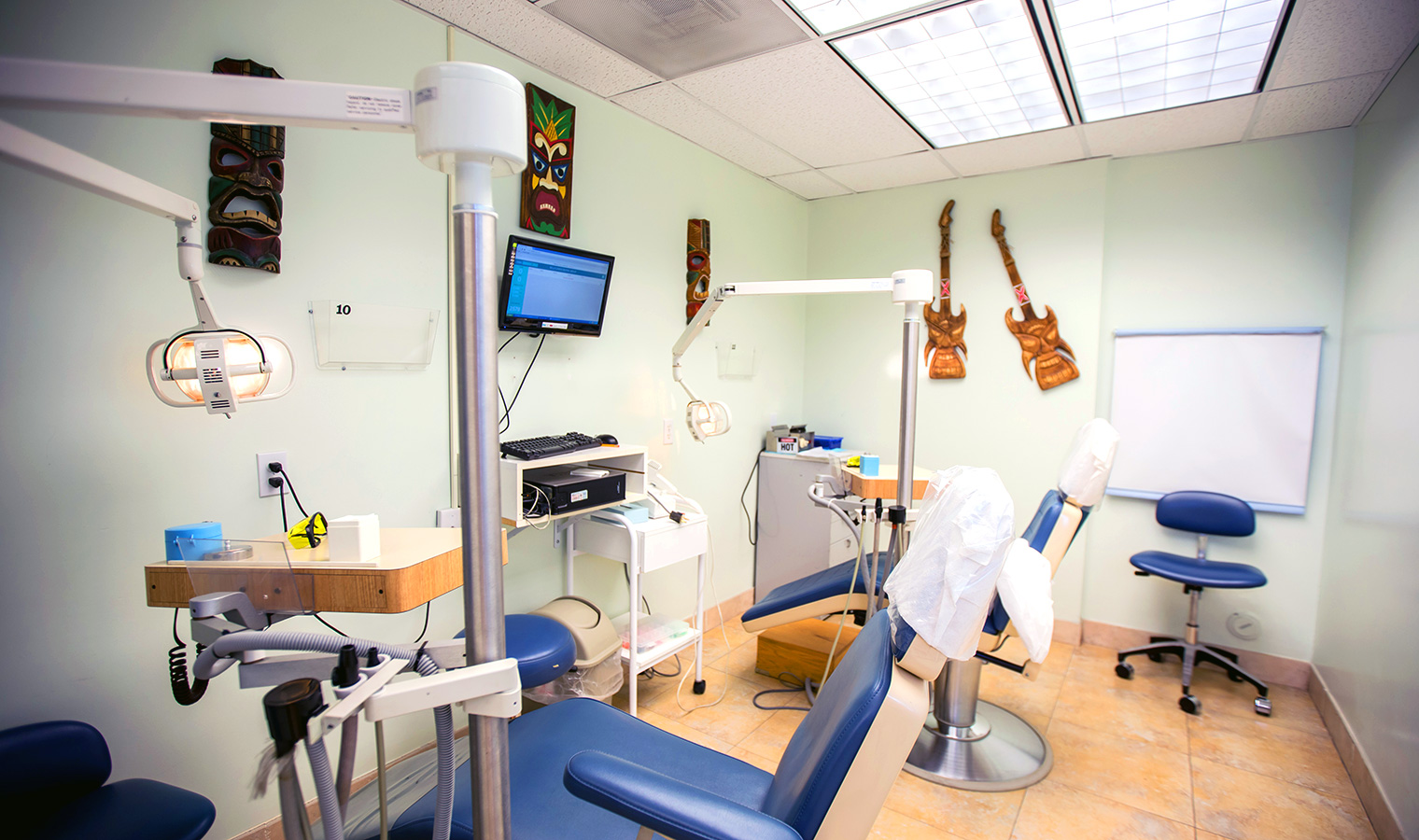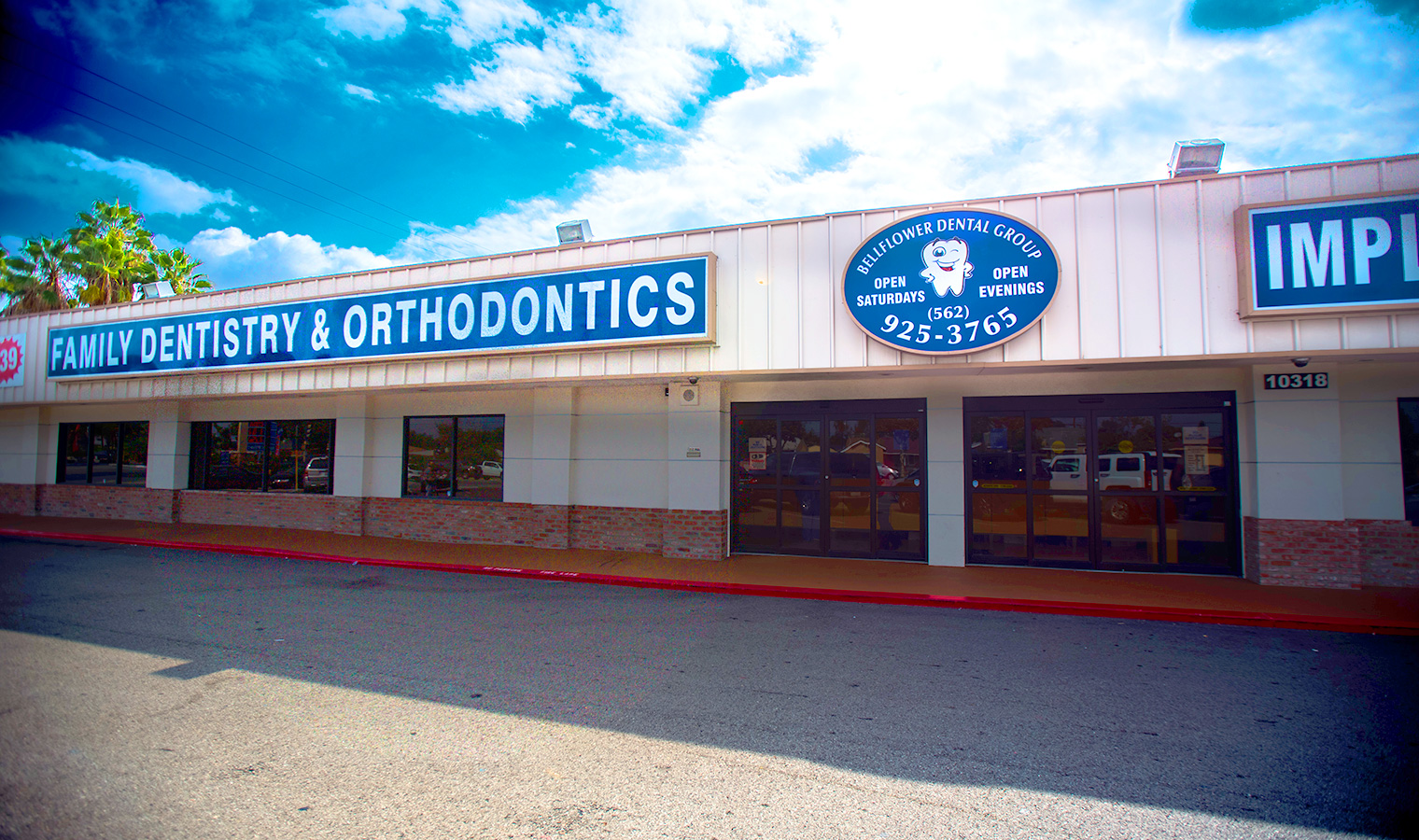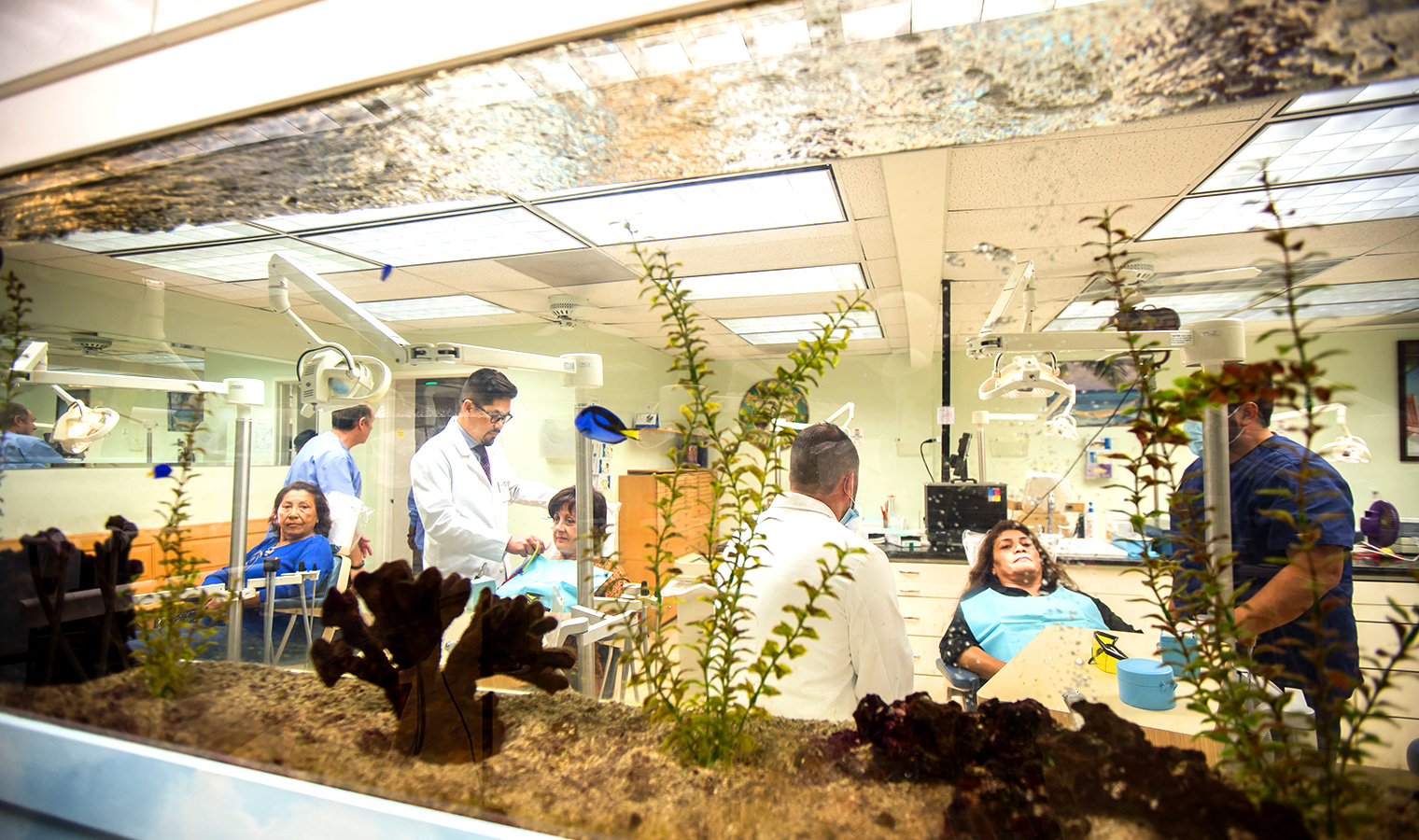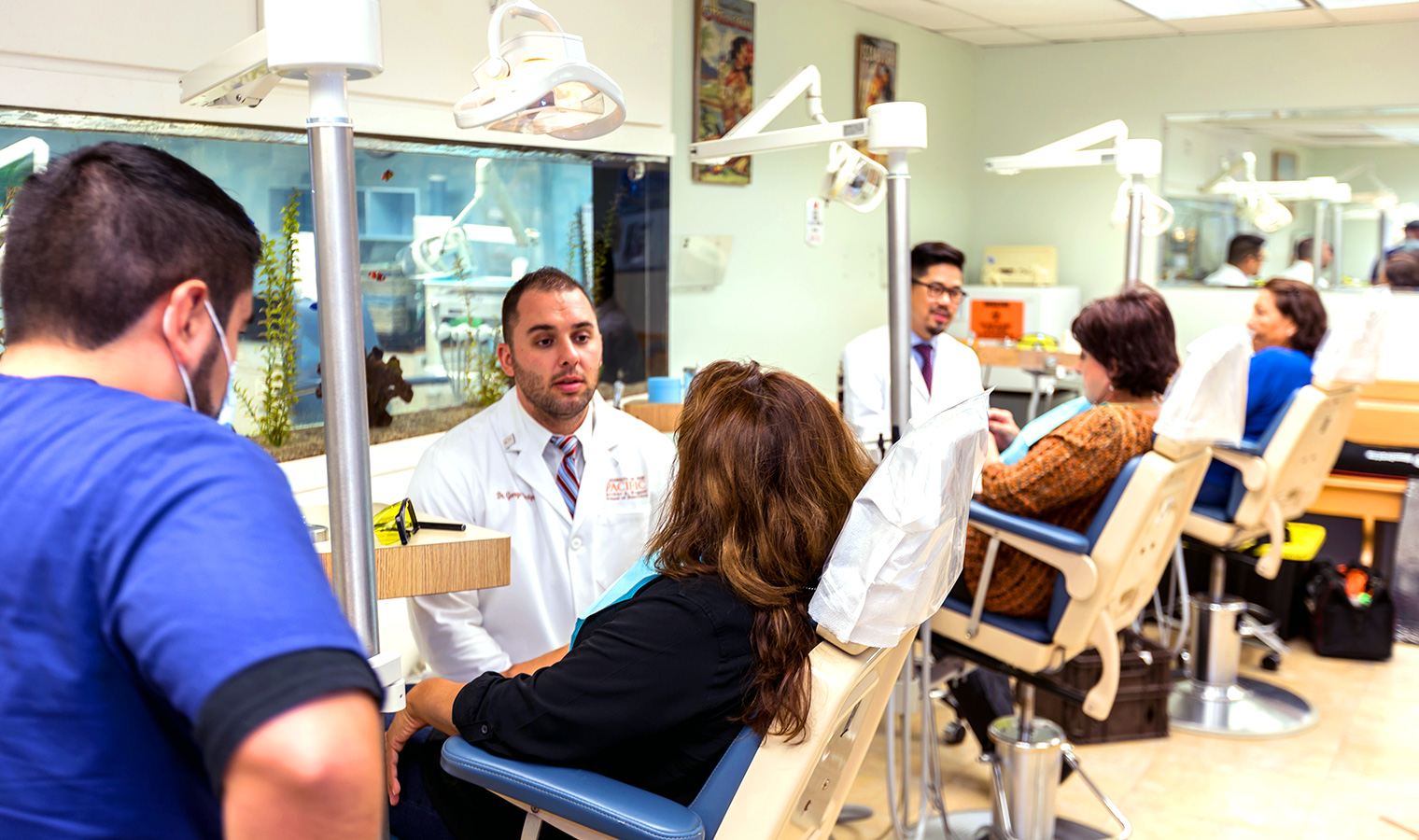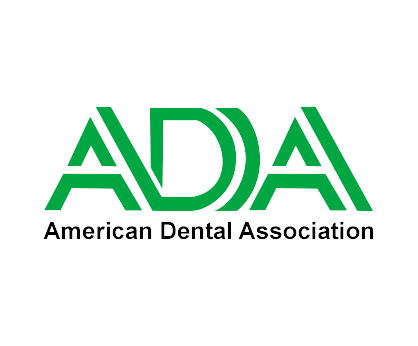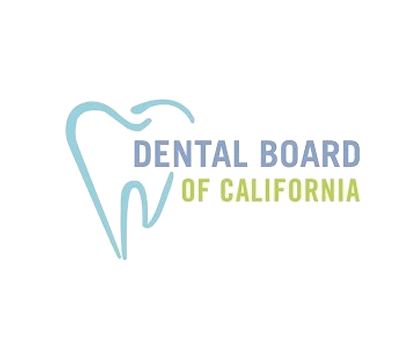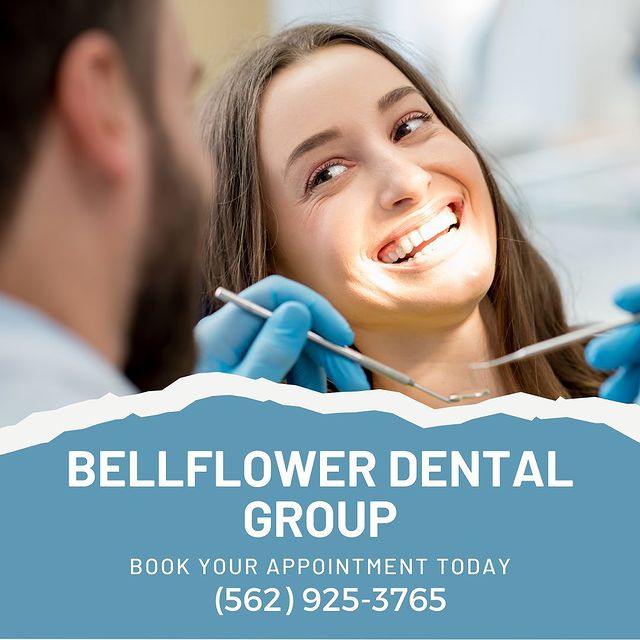Dental prosthetics don’t just restore a smile’s looks. They also play a crucial role in maintaining your oral health.
It may be surprising to hear, but teeth extractions are among the most common procedures dentists perform. Whether it’s from an impact to the face, severe cavities and gum disease, or perhaps wisdom tooth impaction, millions of teeth are pulled every year around the country. As popular as extractions are, it’s crucial for your oral health that you get a proper replacement for all non-wisdom tooth removals.
One of the most prevalent mistakes our patients make is trying to get by without a dental prosthetic. Or when they get dentures, they decide not to wear them when eating. Dentures can be a bit sore on the gums, especially when your mouth is still healing and you’re adapting to them. However, you should never eat directly on the gums and jaws without false teeth unless you have no other option. Otherwise, you may have some serious health problems in your future.
Digestion Issues
Although the digestive system relies on our organs to break down and process our food properly, the digestion process starts much earlier than the stomach. The first part of this complex system begins with the mouth, which our bodies rely on to chew and break down our meals properly. Without dental prosthetics to replace missing teeth, it becomes challenging and sometimes even impossible to chew your food down into healthy, manageable bites.
What happens when you take bigger bites than recommended? Your meal doesn’t digest correctly, and it ends up sitting in your colon, collecting bacteria. This leads to indigestion, which can create several painful problems like:
Bloating
Increased flatulence
Nausea
Burning feeling in your stomach
Some patients try to get by this issue by switching to an all soft food and liquid diet. While this can work for short periods, you will only hurt your body further if you try this in the long-term. We rely on chewing to activate the salivary glands and get our digestive systems moving. Without these vital functions at work, our bodies can’t absorb the nutrients in our meals as they should.
Gum Infection and Gingivitis
It’s a common myth that you can’t get periodontal disease without any teeth. This couldn’t be farther than the truth. When eating without either natural or false teeth, you’ll have to chew with more gusto and force than before. Your food rubs abrasively against the soft tissues of your gums with an amount of pressure that they’re not used to. Over time, your gums can become irritated and damaged, leaving them vulnerable to infection and inflammation.
If left to worsen, this infection can lead to gingivitis, the first stage of gum disease. Some of the tell-tale signs of gingivitis are gums becoming red and swollen, pain when biting or chewing, and gums bleeding easily. During this early stage, the gums are only irritated rather than permanently damaged. However, if left untreated for too long, it can worsen into periodontitis.
What Happens If Periodontal Disease Goes Untreated?
Once periodontitis develops, your smile will never be the same. The gums start pulling away from your remaining teeth, creating deep pockets ready to catch any nearby plaque, food particles, and debris. They also begin receding, unearthing your previously submerged tooth roots. With these roots exposed, your teeth will become sensitive to hot and cold, which can make mealtimes even more uncomfortable.
Your periodontal disease will then start attacking the other critical structures holding your teeth in place: the connective ligaments and the alveolar bone. As they are destroyed, any affected remaining teeth lose their footing in your mouth, and they become loose. Your teeth will start shifting in place, changing the shape of your bite. This can be a nightmare for patients with dentures because their false teeth won’t fit in smoothly and comfortably like they should.
Eventually, painful dental abscesses may form under the gums. If they aren’t drained, the infection can spread to the rest of your mouth or even lead to life-threatening sepsis. Left alone at this stage, gum disease may unmoor your remaining teeth enough that they fall out!
What Is The Best Treatment For Gingivitis?
Gum disease is typically caused by poor oral habits as bacteria slips under the gums and causes severe inflammation and infection. Since the gums won’t have been permanently damaged yet, the best way to take care of gingivitis is to practice a comprehensive and consistent dental hygiene routine. This means brushing your teeth twice a day, flossing daily, and using an antimicrobial mouthwash to remove leftover bacteria.
When you have missing teeth, this doesn’t just mean brushing and flossing your remaining teeth. You have to take good care of the gums, too. Make sure to give them a good brushing, taking care to reach every surface available to red rid of plaque and bacteria. If you have a denture, be extra thorough with the area where your denture sits. And you should also, of course, keep your dentures as clean as possible and remove them before going to bed. In many cases, gingivitis can be taken care of in as little as two weeks.
Jaw Problems
Having to put additional force into your bites will cause problems for your jaw too. After teeth are extracted, the jaw gradually becomes weaker without the steady pressure and stimulation it gets from biting and chewing. For patients with a dental bridge, denture, or no replacement tooth at all, the alveolar bone that supported the teeth starts breaking down in a process called resorption. By eating without teeth or dentures, you can put enough strain on your jaw to cause it to fracture or break!
Even if you don’t fracture your jaw, eating without a dental prosthetic will also put you at risk for developing TMJ disorder. The temporomandibular joint (TMJ) is like a sliding hinge connecting the jaw to the skull. With enough force, it can become misaligned or damaged, leading to soreness and discomfort. Other than jaw pain, common symptoms for this condition include:
Jaw clicking and popping
Pain when biting down or chewing
Jaw and muscle tenderness
Difficulty opening and closing your mouth
Recurring earaches
Chronic headaches
Jaw locking shut
TMJ disorder can sometimes go away on its own, especially once you return to eating with your denture or get a new tooth replacement. However, longer-lasting jaw joint issues will need a more permanent treatment. In many cases, a bite mouthguard can be worn at night to reduce pressure on the jaw. More severe cases may need botox injections or jaw surgery to repair the joint directly.
How Long Does It Take For Bone Loss After Tooth Extraction?
It doesn’t take long for bone resorption to set in. In many cases, bone loss can already be seen within six weeks of the tooth being pulled. In the beginning, it is more rapid as your mouth quickly starts adapting to the sudden removal of your tooth. Within a year, an estimated 25% of the original bone is already lost. This rate slows down and stabilizes over time, but it doesn’t disappear entirely.
How Do You Prevent Bone Loss After Tooth Extraction?
There are two ways that we can typically help with post-extraction bone loss: bone grafts and dental implants. Graft surgery can turn back the clock on the resorption by transplanting replacement bone where the missing tissue would be. Bone graft material usually comes from either elsewhere in your mouth or a human donor. However, animal bone and synthetic material can also be used. Over the next four to six months, this new tissue integrates with the jaw and promotes new bone cell growth.
However, grafting doesn’t prevent eventual resorption later as the jaw still doesn’t have enough stimulation to upkeep the alveolar bone. The only way to permanently stop bone loss after a tooth extraction is with a dental implant. This tooth replacement acts as a fully artificial tooth, root, crown, and all. It is inserted directly into the socket, where it can provide the same level of pressure that a normal tooth would.
Can You Go From Dentures To Implants?
If you already have dentures, it’s entirely possible to go from a denture to an implant using implant supports. Your false teeth don’t use your remaining teeth or your gums and jaws as the anchors keeping them in place with denture implants. Instead, they can be secured to dental implants rooted in the jaw, allowing greater stability in your eating and a much healthier jaw. Your bite won’t also be drastically changing with a significantly reduced or even negated bone resorption rate. This allows your dentures to last another decade or two longer, and the implants themselves can last a lifetime.
